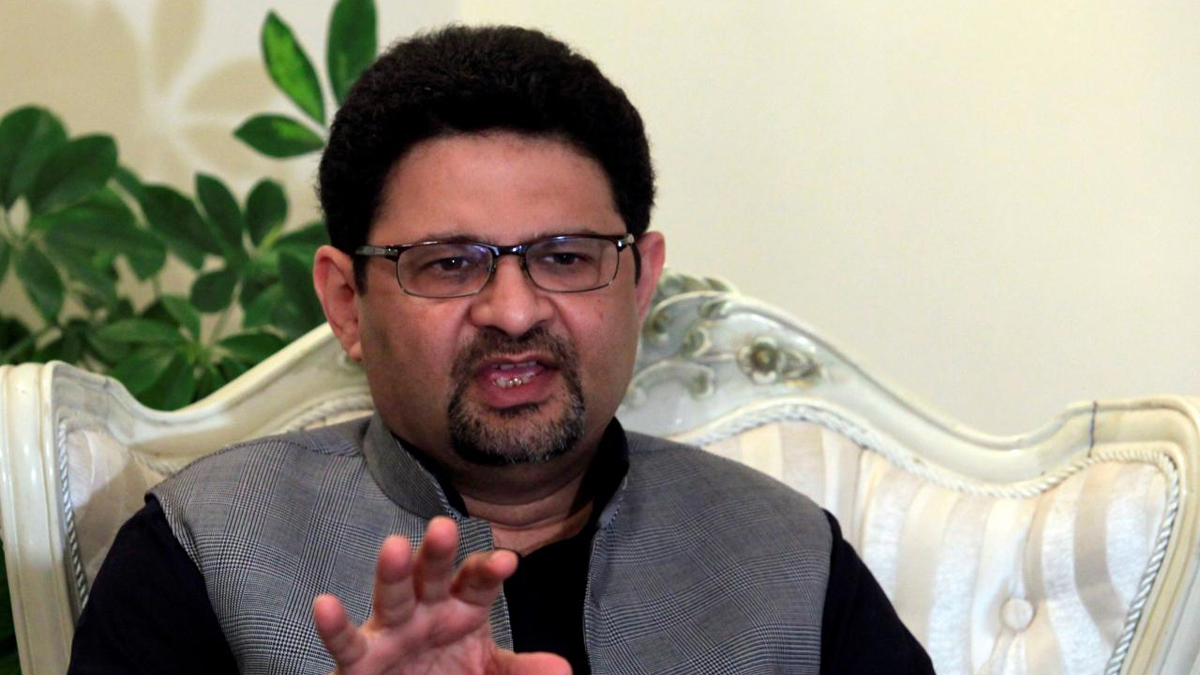
Pakistan’s economic managers attempted to reassure investors on Wednesday that macroeconomic fundamentals were stabilising and that $8.5–10 billion inflows had been lined up from friendly countries to cover a financing gap of $4 billion, as estimated by the International Monetary Fund, while blaming political factors for the most recent decline in the currency and stock markets (IMF).
The IMF would be maintained under an interim setup
Economic administrators of the current and prior PTI governments simultaneously seemed to imply that a staff-level arrangement with the IMF would be maintained under an interim setup.
IMF had no issues working with an interim setup
While senior State Bank of Pakistan (SBP) officials and Finance Minister Miftah Ismail stated that the IMF had no issues working with an interim setup, former Finance Minister Shaukat Tarin also suggested dealing with a “credible interim government” in order to continue the IMF programme.
At a press conference, Mr. Ismail stated that the latest figures for the first 18 days of the current month showed that the economic fundamentals on the trade front had been rectified to a “perfect scenario,” in which exports and remittances were now supporting imports.
Trade deficit of $48 billion
According to him, the country had a trade deficit of $48 billion and a current account deficit of $17 billion in the most recent fiscal year that ended on June 30. However, the measures implemented by the current administration had begun to bear fruit, as imports had levelled off to $2.6 billion in the first 18 days of July from $7.2 billion in June. This implies that the government would be able to save on imports by around $2 billion this month.
Read More | IMF not adding fresh conditions to pact: Ahsan Iqbal
Read More | FO Rejects Gill’s Claims That Imran Was Kept In Dark About Cypher
The minister claimed that the IMF program’s staff-level agreement had been reached and that there was no risk of disruption or derailment because the government was committed to carrying out all prior actions and measures in full compliance with their terms before the Fund’s executive board gave its approval.
The World Bank, the Asian Development Bank (ADB), and the Asian Infrastructure and Investment Bank (AIIB) have all resumed their contributions as a result.
IMF predicted a $4 billion funding gap during the current fiscal year
He stated that the IMF predicted a $4 billion funding gap during the current fiscal year despite the support of the World Bank, ADB, and AIIB, and that an agreement would be reached in a day or two with a friendly country for approximately $1.2 billion in oil supplies at a rate of $100 million per month.
A government-to-government (G2G) mechanism that had been approved by the cabinet and forwarded to its committee on the disposition of legislative cases for review would see another friendly nation invest $1 to 2 billion in the stock market.



